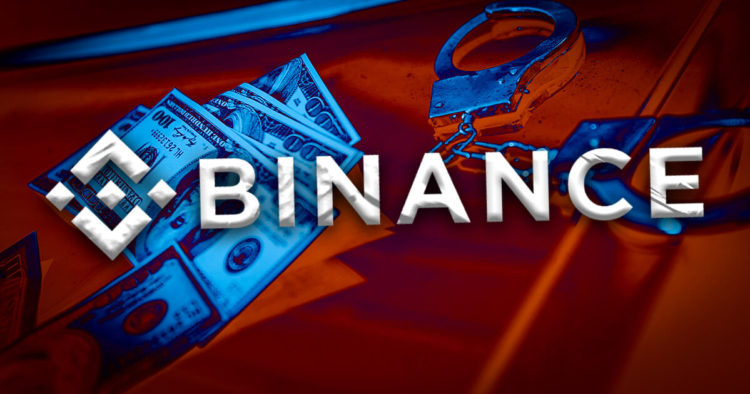Belgian authorities are seeking the extradition of a London-based fintech professional, Caio Marchesani, on suspicions of using cryptocurrency to launder hundreds of millions of dollars for criminal organizations, including high-ranking bosses.
According to new reporting from Bloomberg, Marchesani, owner of Trans-Fast Remittance, allegedly facilitated substantial crypto transactions for a notorious criminal gang ” on a scale rarely seen by European prosecutors.” The volume of laundered funds was not specified but said to be “hundreds of millions of euros.”
Belgian authorities allege that Marchesani “knowingly and intentionally” converted substantial cash sums into Bitcoin for Sergio Roberto De Carvalho and Flor Bressers, two high-profile international crime lords.
Marchesani was arrested at Heathrow Airport in May and is being held without bail until his extradition ruling in September.
Three-year investigation
Belgian authorities’ investigation, which started three years ago, traced significant cocaine shipments to De Carvalho and Bressers. Investigators later identified Marchesani’s role in the scheme through encrypted communications.
The alleged network reportedly combined blockchain technology with elements of hawala, a centuries-old system of informal trust-based money transfers popularized by Arab and Mediterranean traders in the Middle Ages. These systems typically operate outside of and in parallel to traditional financial systems. According to the report, COVID-19 restrictions incentivized the use of cryptocurrency to move funds as the logistics of moving physical cash became more difficult and expensive.
According to prosecutors, Marchesani allegedly used crypto to circumvent these challenges, using at least 14 Binance accounts and charging rates as high as 9% for transfers.
In June, Belgium’s Financial Services and Markets Authority (FSMA) ordered Binance to halt all its services in the country, citing violations of local and European Economic Area laws. The regulator also demanded immediate return or transfer of all cryptographic keys and virtual currencies held for Belgian clients.
Binance, according to a spokesperson, provided “practical operational assistance” relating to the investigation. At press time, it had not responded to CryptoSlate’s request for comment.
Speculations are circulating about potential criminal charges against Binance. The U.S. Department of Justice is said to be weighing criminal charges against the exchange and its executives, while a recently sealed motion from the U.S. Securities Exchange Commission (SEC) in its civil case against Binance has led many to speculate that the records may contain evidence of criminal wrongdoing. To date, Binance has not faced criminal charges.
The post Binance linked to money laundering scheme in Belgian extradition case: Bloomberg appeared first on CryptoSlate.
Credit: Source link













































































































































